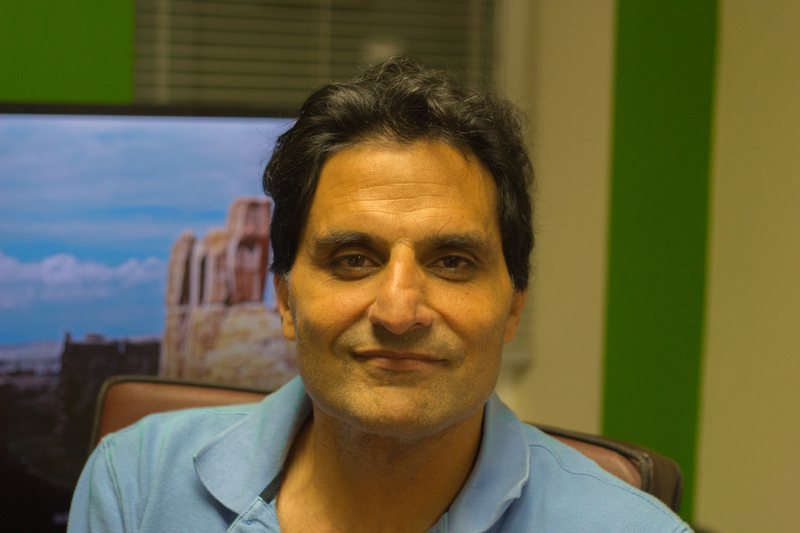Download the slides of the presentation here
Abstract
Digital Twins, a virtual representation of reality, have been effectively used successfully for a number of applications such as training, visualization, and collaboration. For the task of validation and verification (V&V), digital twins combined with predictive models of reality (simulation) offer an attractive method for V&V of large complex systems. Indeed, this process has succeeded spectacularly in the field of semiconductors and electronics, where multi-trillion dollar industries are built on a complex interconnected web of mathematical abstractions, each with processes for abstraction, transformation, and synthesis. However, in the field of autonomous cyber-physical systems (ground, air, marine), V&V is largely an unsolved problem. The required abstractions, separation of concerns, characterization methods, and integrated V&V processes have not been discovered yet. This talk will discuss the underlying structure of the semiconductor V&V process, its mappings to the cyber-physical problem, and introduce PolyVerif(www.avvc.net), an open-source digital twin autonomous vehicle validation framework, whose objective is to accelerate the discoveries of scalable methodologies for cyber-physical V&V. While PolyVerif is focused on ground vehicles, the underlying structures map to the airborne and marine applications as well.
 Short Bio
Short BioDr. Rahul Razdan is a seasoned scientist and business executive who has had significant roles in the world of academia, startups, and fortune 500 companies. In corporate roles, he was the Sr Vice President of Strategy for Flextronics (FLEX), General Manager of the System and Functional Verification Business at Cadence Design Systems (CDNS), and Alpha CPU architect at Digital Equipment Corporation (DEC). He has successfully built successful startups in areas such wireless power, machine learning, and low-power electronics design. In academia, Razdan runs a lab (www.razinstitute.com) with extensive collaborations with a number of R1 universities, and has a long term relationship with Florida Polytechnic University. Currently, Razdan is working on the problem of validation and verification of cyber-physical systems where he recently received the Fulbright Association John Von Neumann Distinguished Award. He has a BS (1984) and MS (1985) from CMU and Phd from Harvard University (1994).

